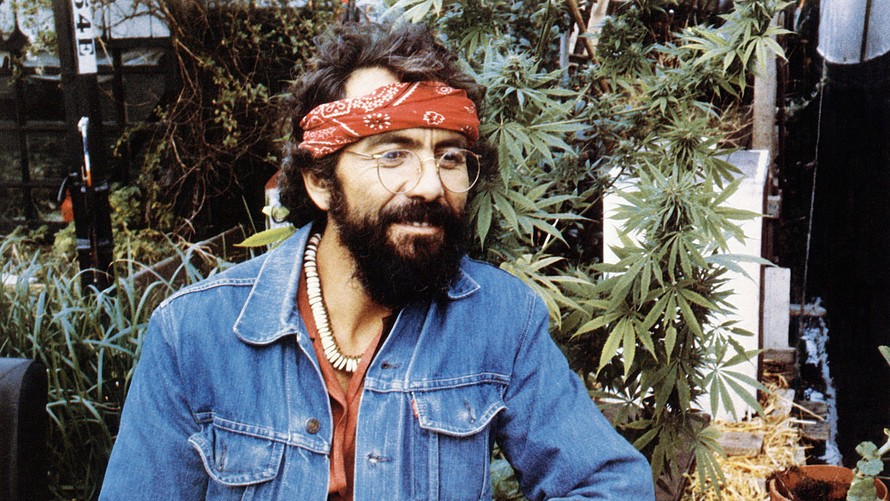Four of New York’s five medical marijuana companies have sued the state Health Department and Health Commissioner Dr. Howard Zucker to block the state’s plans to license five more cannabis companies by the end of June.
The lawsuit, first reported Friday by the Times Union in Albany, was filed by the New York Medical Cannabis Industry Association in state Supreme Court in Albany on behalf of Vireo Health of New York, PharmaCannis, Etain and Bloomfield Industries. Columbia Care did not sign on.
“DOH’s contemplated action will have devastating consequences for a valuable industry currently operating in this state, including its workforce and its patients,” the complaint said. It alleged that the Health Department is overstepping the authority granted to it by the Compassionate Care Act, which legalized medical marijuana in New York.
Assemblyman Richard Gottfried, D-Manhattan, who sponsored the law, contested this claim. “The law does not limit the program permanently to five registered organizations,” he said in an email to Crain’s on Monday. “It authorized the commissioner to initially register five organizations with four dispensing sites each but allows the commissioner to then register additional organizations.”
Gottfried has supported the introduction of more competition into the industry in the past, but some medical marijuana advocates, including state Sen. Diane Savino, have argued that there are not yet enough customers to support additional companies.
The medical marijuana industry in New York is resting on a “fragile foundation at best,” according to a statement from the Industry Association. It continued, “DOH’s decision to recklessly double the number of license holders will undoubtedly lead to the collapse of the industry.”
The cannabis companies currently operating in the state have invested more than $50 million in their businesses so far, the Association said. A lack of insurance coverage for cannabis has made it prohibitively expensive for many patients in New York, and cannabis executives have said in the past that they are not yet breaking even due to insufficient demand.
The state Health Department said it is committed to expanding the industry, and did not respond to the argument that doing so now would sabotage existing companies. “From Day 1, we made clear our commitment to the continued growth of this program so that the New Yorkers who qualify for this therapy have access to it,” the Department said in a statement. “We will continue to fight any attempts to block patients from the relief they deserve.”
credit:crainsnewyork.com




